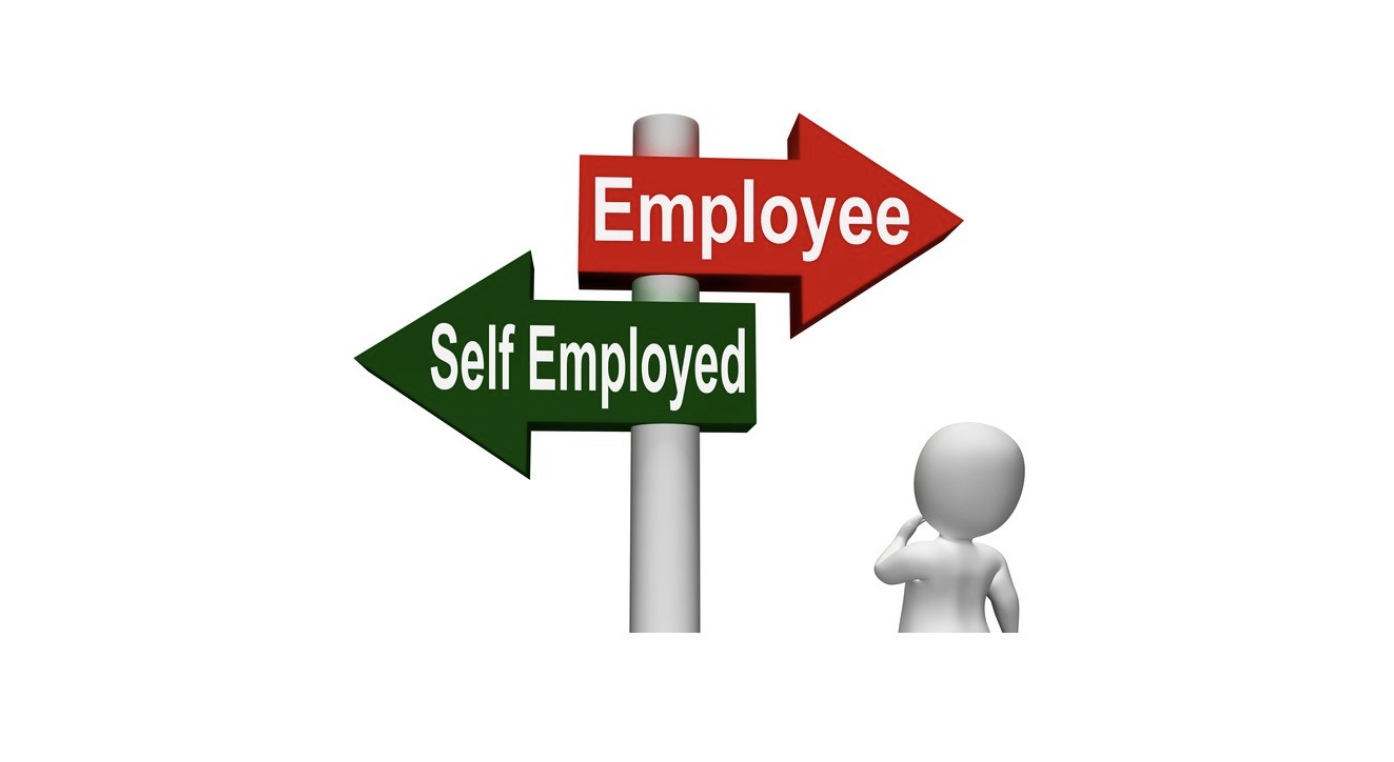Stages: Understanding the Phases of Life, Business, and Development

Introduction
Stages are consecutive stages. That people, organic entities, or elements go through during their lifecycle or advancement. They act as markers of progress and change, offering experiences into the cycles of development. Improvement, and transformation. Whether it’s the phases of human turn of events or the phases. Of a business, fathoming these changes is fundamental for individual and expert achievement.
The Idea of Stages in Different Settings
Stages manifest in different settings, going from science to brain research and then some. They give systems to grasping change and advancement across various spaces.
Figuring out Natural Stages
In science, stages allude to recognizable times. Of development or change in a creature’s life cycle. From outset to adulthood, creatures go through. Unmistakable natural stages that shape their structure, capability, and conduct. For instance, in people, the transformative phases envelop outset, youth, pre-adulthood. Adulthood, and advanced age.
Organic stages assume a vital part in the endurance and generation of species. They work with the procurement of fundamental abilities. And capacities required for transformation to evolving conditions.
Mental Stages: A Profound Jump
Mental stages dig into the domain of human way. of behaving and discernment, featuring the ever-evolving nature of mental turn of events. Compelling speculations, for example, Freud’s phases of psychosexual turn of events and Erikson’s. Phases of psychosocial improvement, give systems to grasping the mind boggling interaction between. Science, society, and individual experience.
Freud suggested that people go through five psychosexual. Stages — oral, butt-centric, phallic, idle, and genital — each portrayed by particular contentions. And goals that shape character improvement. Erikson developed Freud’s work, depicting eight. Psychosocial stages that range from outset to advanced age, accentuating the significance. Of social connections and character arrangement in each stage.
Formative Stages in People
Human improvement unfurls across a progression of formative. each set apart by exceptional physical, mental, and socio-close to home achievements. From outset to advanced age, people cross through different life arranges, each introducing. Its difficulties and open doors for development.
Youth: The early from birth to progress. In years five, portrayed by fast actual development, language securing, and the advancement. Of fundamental abilities.
Puberty: A time of progress set apart by physical, mental. And socio-profound changes, as people explore the intricacies of character, connections, and independence.
Adulthood: The phase of development and obligation. including youthful adulthood, middle age, and later adulthood, where people seek after vocation. Family, and individual objectives while confronting the difficulties of balance between fun. And serious activities, connections, and maturing.
Advanced Age: The last phase of the life expectancy. Described by actual downfall, mental changes, and reflections on one’s educational. Encounters and inheritance.
Stages in Business
Organizations likewise progress through phases. Of development, advancement, and change, mirroring the powerful idea of the commercial. Center and hierarchical turn of events.
Startup : The undeveloped period of a business. Set apart by thought age, statistical surveying, item improvement, and introductory market passage. New companies face elevated degrees of vulnerability and chance as they try to. Lay out a practical plan of action and draw in early adopters.
Development : The extension stage portrayed. By expanding piece of the pie, income development, and functional scaling. Development stage organizations center around client procurement, item refinement, and building authoritative. Abilities to profit by market open doors.
Development : The period of solidness. And market strength, where mature organizations improve activities, differentiate. Item contributions, and venture into new business sectors or client fragments. Development stage organizations focus on effectiveness, productivity, and key advancement to support. Upper hand.
Decline or Restoration : The phase of decline. Implies a slump in business execution because of market immersion, mechanical out of date. Quality, or interior difficulties. Organizations in decline should rethink their techniques. Smooth out tasks, or investigate new plans of action to revive development and seriousness.
Normal Subjects Across Stages
While the details might fluctuate. Certain subjects arise across various , offering bits of knowledge into the idea of advances and changes.
Difficulties and Open doors: Each. Stage presents interesting difficulties and amazing open doors for people or associations. Whether it’s defeating impediments, immediately taking advantage of new chances, or adjusting. To change, exploring requires versatility, innovativeness, and vital reasoning.
Progress Focuses: Changes between act as basic points that shape future directions. How people or organizations explore these change focuses. Can impact their drawn out progress and maintainability.
Methodologies for Exploring . Powerful route of stages requires a blend of vision, arranging, execution, and transformation. Whether it’s putting forth clear objectives, building steady organizations, or embracing. Nonstop learning, effective people and associations utilize methodologies that line up with their. Stage-explicit difficulties and goals.
The Significance of Perceiving Stages
Perceiving stages is fundamental for self-awareness, proficient achievement, and hierarchical life span. By understanding the elements of progress. And advancement, people and organizations can pursue informed choices, profit by. Amazing open doors, and explore difficulties with certainty and versatility.
End
All in all, stages act as fundamental structures. For grasping the cycles of development, improvement, and change across different spaces. Of life and business. By perceiving the intrinsic movement of and embracing the difficulties. And open doors they present, people and associations can explore changes really and make. Practical progress.
FAQs
Why are stages significant in self-awareness?
Stages give a guide to self-improvement, assisting people. With understanding where they are in their excursion and what steps they can take to advance.
How do organizations change between stages?
Organizations change between by adjusting their techniques. Cycles, and assets to line up with developing business sector elements. And authoritative requirements.
Stages act as achievements during the time spent. Hierarchical change, directing pioneers and workers through the intricacies of change and recharging.
Are stages straight or repeating?
While follow a straight. Movement, they can likewise show repeating examples of development, decline. And reestablishment, contingent upon outside factors and interior elements.
How could people plan for advances between stages?
People can get ready for advances. Between by laying out clear objectives, building steady organizations, and developing. Versatility and strength.



